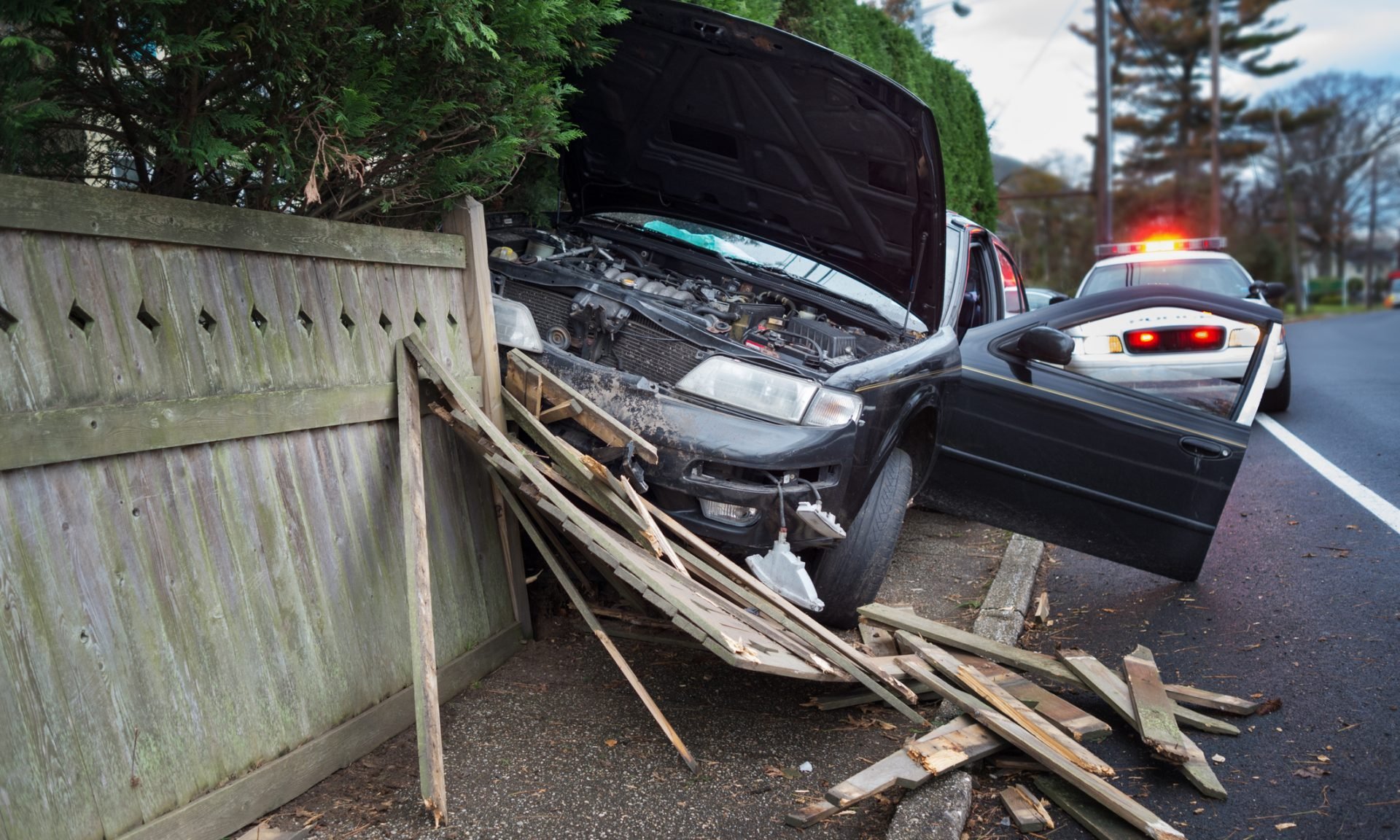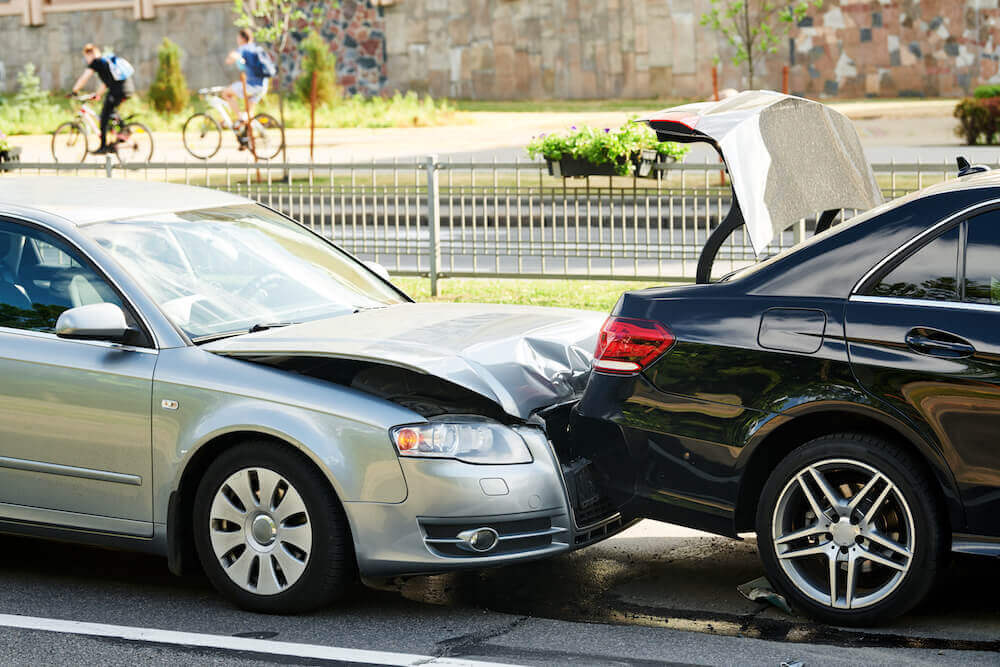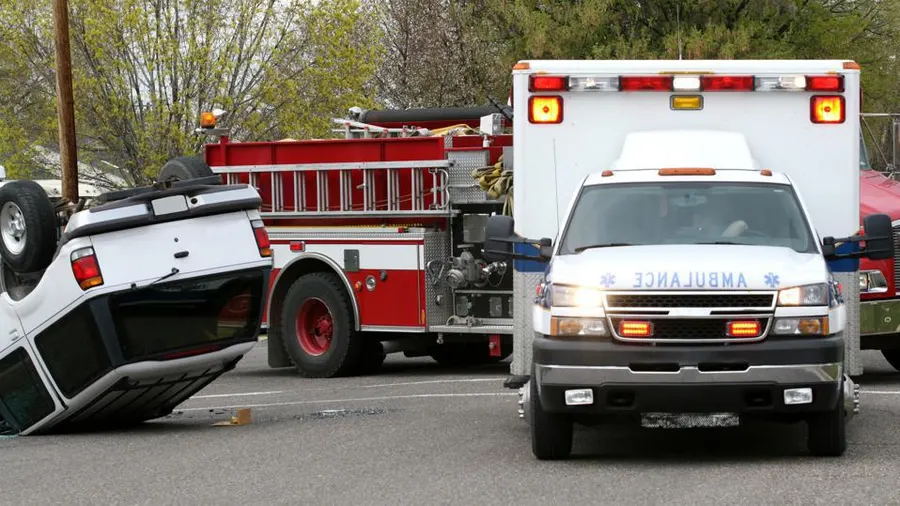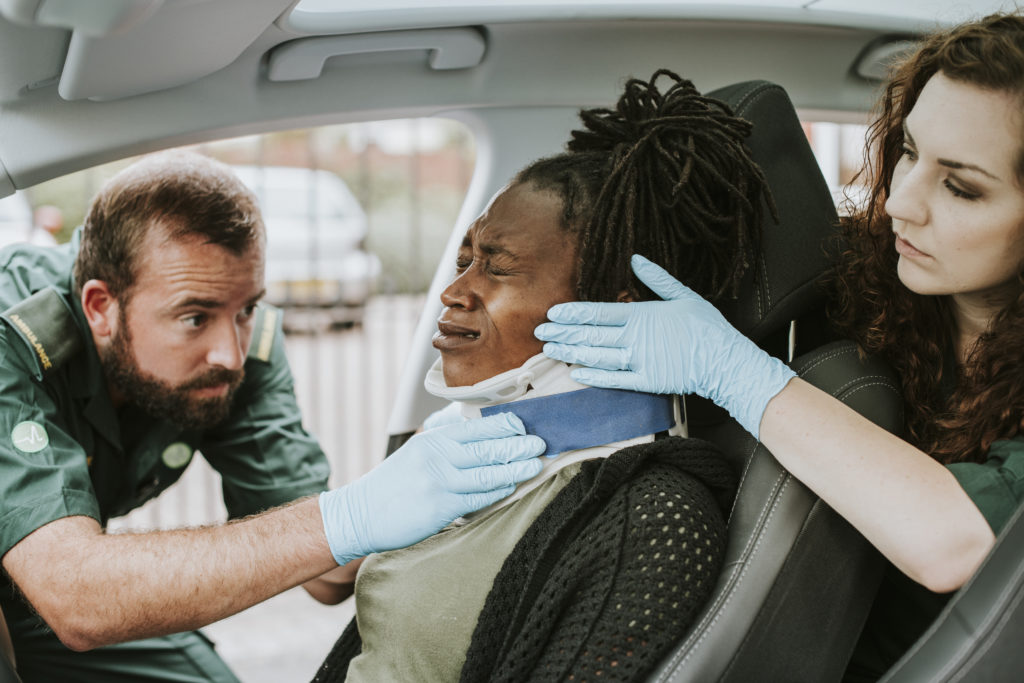
Table of Content
▼Car insurance is a critical component of responsible vehicle ownership, providing financial protection against unforeseen circumstances on the road. To make informed decisions about your insurance policy it is very important to understand the different types of coverage available. In this guide, we'll explore the various aspects of car insurance coverage to help you navigate the complexities of insurance options.

Bodily Injury Liability:
Bodily injury liability coverage safeguards you against financial loss if you injure someone in an accident. This coverage extends to medical expenses for the injured party, rehabilitation costs, and legal fees if you're sued. Most states mandate bodily injury liability coverage to ensure compensation for accident victims.

Property Damage Liability:
Property damage liability coverage pays for damage your vehicle causes to other people's property, including vehicles, fences, or mailboxes. It covers repair or replacement costs for the damaged property and legal expenses if you're sued. Like bodily injury liability, property damage liability coverage is typically required by state laws.

Collision Coverage:
The damage to your vehicle from collisions with other vehicles or objects, regardless of the fault, is considered under the collision coverage . Whether you hit another car or a stationary object like a tree, collision coverage helps pay for the repair or replacement of your vehicle. While not mandatory by state laws, lenders often require collision coverage for financed vehicles.

Comprehensive Coverage:
Comprehensive insurance protects your vehicle against non-collision incidents such as theft, vandalism, natural disasters, and animal collisions. It will cover the cost of repairs or replacement if your car gets damaged or stolen. Although not obligatory, comprehensive coverage is often required by lenders for leased or financed vehicles.

Uninsured/Underinsured Motorist Coverage:
Uninsured/underinsured motorist coverage safeguards you against financial losses caused by drivers without insurance or inadequate insurance coverage. It includes coverage for bodily injury and property damage, ensuring you're protected even if the at-fault driver cannot cover your expenses.

Medical Payments Coverage:
Also known as MedPay, it helps in paying for medical expenses resulting from a car accident, regardless of fault. It covers hospital bills, doctor's fees, and rehabilitation costs for you and your passengers. While not mandatory in all states, medical payments coverage provides additional financial protection in case of injuries.

Personal Injury Protection (PIP):
Personal Injury Protection (PIP) insurance, commonly referred to as "no-fault" insurance, covers medical expenses, lost wages, and other accident-related expenses regardless of fault. PIP is required in certain states and offers comprehensive coverage for accident-related injuries and expenses.
Navigating the intricacies of car insurance coverage can be overwhelming, but understanding the different types of coverage is crucial for ensuring adequate protection on the road. By familiarizing yourself with the various options available, you can tailor your insurance policy to meet your specific needs and mitigate financial risks in the event of an accident. Remember, choosing the right coverage is not just about compliance—it's about safeguarding yourself and your assets against unexpected circumstances on the road.
Also Read: Signs Your Car's Brakes Need Inspection: Don't Overlook These Warning Signals
_1770807147.webp)

_1770268654.webp)


